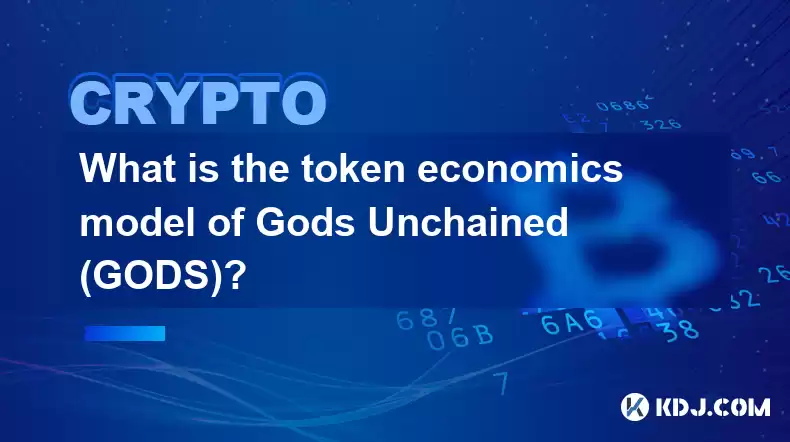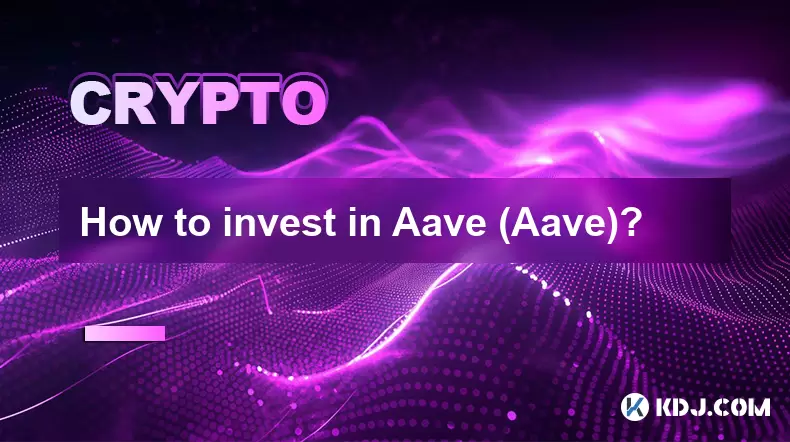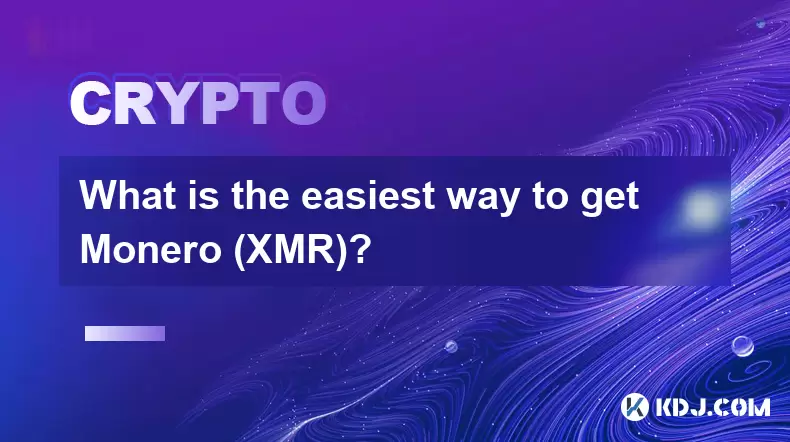-
 Bitcoin
Bitcoin $117400
1.88% -
 Ethereum
Ethereum $3867
5.29% -
 XRP
XRP $3.081
2.58% -
 Tether USDt
Tether USDt $1.000
0.03% -
 BNB
BNB $779.7
0.92% -
 Solana
Solana $171.8
2.11% -
 USDC
USDC $0.9999
0.01% -
 Dogecoin
Dogecoin $0.2172
5.80% -
 TRON
TRON $0.3413
1.41% -
 Cardano
Cardano $0.7641
3.06% -
 Hyperliquid
Hyperliquid $39.69
3.62% -
 Sui
Sui $3.731
6.73% -
 Stellar
Stellar $0.4125
3.55% -
 Chainlink
Chainlink $18.23
8.86% -
 Bitcoin Cash
Bitcoin Cash $579.5
1.41% -
 Hedera
Hedera $0.2538
4.02% -
 Ethena USDe
Ethena USDe $1.001
0.00% -
 Avalanche
Avalanche $22.81
2.82% -
 Litecoin
Litecoin $121.7
1.10% -
 UNUS SED LEO
UNUS SED LEO $8.962
-0.33% -
 Toncoin
Toncoin $3.324
2.94% -
 Shiba Inu
Shiba Inu $0.00001263
2.30% -
 Uniswap
Uniswap $10.24
4.95% -
 Polkadot
Polkadot $3.780
3.09% -
 Dai
Dai $1.000
0.03% -
 Bitget Token
Bitget Token $4.432
1.64% -
 Cronos
Cronos $0.1493
3.87% -
 Monero
Monero $256.7
-9.05% -
 Pepe
Pepe $0.00001092
3.99% -
 Aave
Aave $279.0
6.11%
What is the token economics model of Gods Unchained (GODS)?
GODS serves as the utility token within the Gods Unchained ecosystem, enabling in-game purchases, rewards, governance participation, and value appreciation through its fixed supply, token burning mechanisms, and staking program.
Dec 24, 2024 at 05:07 pm

Key Points:
- Gods Unchained (GODS) is a play-to-earn trading card game built on the Ethereum blockchain.
- GODS is the native utility token used within the Gods Unchained ecosystem, including for in-game purchases, rewards, and governance.
- The GODS tokenomics model includes a fixed supply, token burning mechanisms, and a staking program.
Token Economics Model of Gods Unchained (GODS)
The token economics model of Gods Unchained (GODS) is based on four key components:
1. Fixed Supply
- GODS has a fixed maximum supply of 500 million tokens, which means that no new tokens can be created after the initial supply is distributed.
- This fixed supply creates scarcity and limits inflation, which helps to maintain the token's value over time.
2. Token Burning Mechanisms
Gods Unchained employs several token burning mechanisms to reduce the circulating supply of GODS and increase its scarcity:
- Card and Pack Opening: A portion of GODS is burned every time a card pack or meteorite is opened.
- Forge Fees: A small fee in GODS is burned whenever a player fuses two cards to create a more powerful one.
- Governance Voting: GODS are burned when players participate in governance votes, giving them a say in the future development of the game.
3. Staking Program
- Players can stake their GODS tokens to earn additional GODS and other rewards.
- The staking program encourages long-term holding of the token, reduces circulating supply, and rewards active community members.
- Staked GODS are locked for a period of time, with longer staking periods earning higher rewards.
4. Utility for In-Game Purchases and Rewards
GODS is used as the primary currency within the Gods Unchained ecosystem, allowing players to:
- Purchase card packs, avatars, and other in-game items from the marketplace.
- Enter tournaments and other competitive events for a chance to win GODS and other prizes.
- Earn GODS rewards for completing daily quests, winning matches, and achieving milestones.
FAQs
Q: How to buy GODS tokens?
- GODS tokens can be purchased on various cryptocurrency exchanges, such as Binance, Coinbase, and Uniswap.
Q: How to earn GODS tokens in-game?
- Players can earn GODS tokens by completing daily quests, winning matches, and participating in tournaments.
Q: What is the purpose of staking GODS tokens?
- Staking GODS tokens allows players to earn additional GODS and other rewards, while also supporting the governance and development of the Gods Unchained ecosystem.
Q: What is the future of GODS tokens?
- The future value of GODS tokens is dependent on the growth and adoption of the Gods Unchained game, the implementation of new features and utility, and overall market sentiment for cryptocurrency assets.
Disclaimer:info@kdj.com
The information provided is not trading advice. kdj.com does not assume any responsibility for any investments made based on the information provided in this article. Cryptocurrencies are highly volatile and it is highly recommended that you invest with caution after thorough research!
If you believe that the content used on this website infringes your copyright, please contact us immediately (info@kdj.com) and we will delete it promptly.
- Pi Coin's dApp and AI Potential: Building a Decentralized Future
- 2025-08-08 02:30:12
- Ruvi AI Takes the Lead: Outshining Dogecoin on CoinMarketCap
- 2025-08-08 02:50:12
- Cryptos Under $1: Is Ripple Still the King?
- 2025-08-08 03:50:12
- Cold Wallet, Bonk Price, ICP Price: Navigating the Crypto Landscape in 2025
- 2025-08-08 03:56:12
- Memecoins, Low-Cap Gems, and the Hunt for 10,000x Gains: What's Next?
- 2025-08-08 02:50:12
- Bitcoin, Greenidge, and Liquidity: Navigating the Crypto Currents in NYC
- 2025-08-08 02:30:12
Related knowledge

Where can I buy UMA (UMA)?
Aug 07,2025 at 06:42pm
Understanding UMA and Its Role in Decentralized FinanceUMA (Universal Market Access) is an Ethereum-based decentralized finance (DeFi) protocol design...

What exchanges support buying IOTA (MIOTA)?
Aug 07,2025 at 09:58pm
Understanding the Role of Private Keys in Cryptocurrency SecurityIn the world of cryptocurrency, private keys are the cornerstone of ownership and con...

What is the best app to buy EOS?
Aug 07,2025 at 04:35pm
Understanding EOS and Its Role in the Cryptocurrency EcosystemEOS is a blockchain platform designed to support decentralized applications (dApps) with...

What platforms support buying Fantom (FTM)?
Aug 08,2025 at 01:56am
Overview of Fantom (FTM) and Its EcosystemFantom (FTM) is a high-performance, scalable, and secure layer-1 blockchain designed to overcome the limitat...

How to invest in Aave (Aave)?
Aug 08,2025 at 01:07am
Understanding Aave (AAVE) and Its Role in DeFiAave is a decentralized finance (DeFi) protocol that enables users to lend, borrow, and earn interest on...

What is the easiest way to get Monero (XMR)?
Aug 08,2025 at 02:56am
Understanding Monero (XMR) and Its Privacy FeaturesMonero (XMR) is a privacy-focused cryptocurrency that ensures complete anonymity in transactions th...

Where can I buy UMA (UMA)?
Aug 07,2025 at 06:42pm
Understanding UMA and Its Role in Decentralized FinanceUMA (Universal Market Access) is an Ethereum-based decentralized finance (DeFi) protocol design...

What exchanges support buying IOTA (MIOTA)?
Aug 07,2025 at 09:58pm
Understanding the Role of Private Keys in Cryptocurrency SecurityIn the world of cryptocurrency, private keys are the cornerstone of ownership and con...

What is the best app to buy EOS?
Aug 07,2025 at 04:35pm
Understanding EOS and Its Role in the Cryptocurrency EcosystemEOS is a blockchain platform designed to support decentralized applications (dApps) with...

What platforms support buying Fantom (FTM)?
Aug 08,2025 at 01:56am
Overview of Fantom (FTM) and Its EcosystemFantom (FTM) is a high-performance, scalable, and secure layer-1 blockchain designed to overcome the limitat...

How to invest in Aave (Aave)?
Aug 08,2025 at 01:07am
Understanding Aave (AAVE) and Its Role in DeFiAave is a decentralized finance (DeFi) protocol that enables users to lend, borrow, and earn interest on...

What is the easiest way to get Monero (XMR)?
Aug 08,2025 at 02:56am
Understanding Monero (XMR) and Its Privacy FeaturesMonero (XMR) is a privacy-focused cryptocurrency that ensures complete anonymity in transactions th...
See all articles

























































































